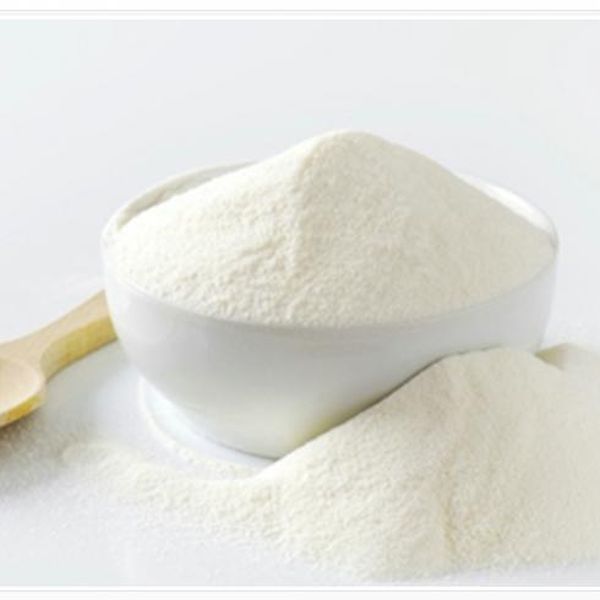Lincomycin hydrochloride is used for semi-synthetic preparation of clindamycin. It is a semi-synthetic chlorinated derivative of lincomycin. It is suitable for various infectious diseases caused by gram-positive bacteria and anaerobic bacteria. It is used to treat infections caused by methicillin-resistant Staphylococcus aureus. It has a bacteriostatic effect, but it also has a bactericidal effect on highly sensitive bacteria at high concentrations. The antibacterial spectrum is the same as that of lincomycin, but the antibacterial activity is strong, and the oral absorption is fast and complete (about 90%), and eating has little effect on absorption. Lincomycin hydrochloride has a strong antibacterial effect on Gram-positive bacteria, some anaerobic bacteria and mycoplasma, and its antibacterial spectrum is narrower than that of erythromycin. Staphylococcus aureus, hemolytic streptococcus, pneumococcus and Mycoplasma hyopneumoniae, Mycoplasma gallisepticum are sensitive to this product, but enterococci are generally resistant to this product; anaerobic bacteria such as Bacteroides, Tetanus, Clostridium, Clostridium weischii, Peptococcus, etc. are also sensitive to this product. Mainly used to treat various infections caused by gram-positive bacteria, especially penicillin-resistant gram-positive bacteria, chronic respiratory tract disease of poultry caused by mycoplasma, swine asthma, anaerobic infections such as necrotizing enteritis in chickens, etc. It is also used to treat swine treponema dysentery, toxoplasmosis and actinomycosis in dogs and cats. Lincomycin hydrochloride is effective against sepsis caused by most gram-negative bacteria and certain anaerobic bacteria, female reproductive tract, endometritis, non-gonorrhea tubal ovarian abscess, pelvic cellulitis, postoperative vaginal appendage infection, peritonitis , Abscess, pneumonia, lung abscess, skin and soft tissue infections, etc. have therapeutic effects. It is also used in the surgical adjuvant treatment of sepsis, bone and joint infections, chronic bone and joint infections caused by streptococcus and staphylococcus, and acute blood-borne osteomyelitis caused by staphylococci. However, this product cannot penetrate into the cerebrospinal fluid, so it is not suitable for the treatment of meningitis. External application can treat purulent infections caused by Gram-positive bacteria.
Clinical application:
1. Oral preparations are suitable for the treatment of respiratory infections, abdominal infections, female reproductive tract infections, pelvic infections, skin and soft tissue infections caused by sensitive Staphylococcus, Streptococcus, pneumococcus and anaerobic bacteria.
2. In addition to the above-mentioned infections, injection preparations can also be used to treat serious infections caused by streptococcus, pneumococcus and staphylococcus, such as sepsis, bone and joint infections, surgical adjuvant treatment of chronic bone and joint infections, and staphylococcal infections. Caused by acute blood-borne osteomyelitis and so on.
3. Lincomycin hydrochloride can also be used for the treatment of infectious diseases that are allergic to penicillin or not suitable for penicillin drugs. Tablets: 0.25g, 0.5g each; injection: 0.2g, 0.6g each.
Post time: Aug-06-2020
